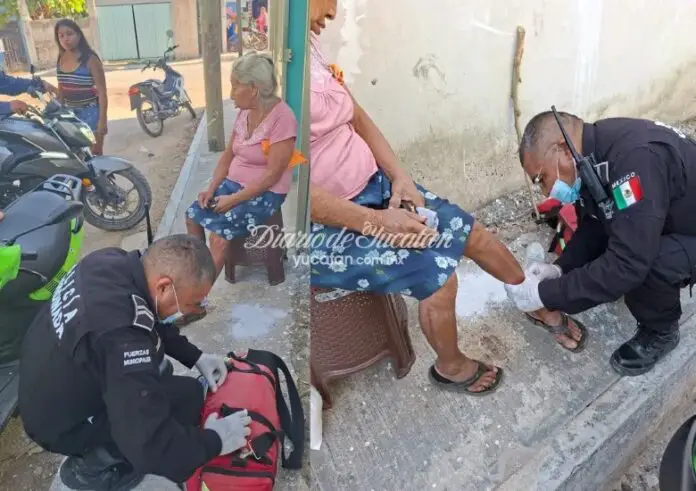A growing concern over dog bites has emerged in Yucatán, Mexico, with a recent surge in attacks leaving residents on edge.
According to data from the federal Ministry of Health (SSA), between April 20-26, no less than 1,712 people were injured by dog bites in the state. This translates to an average of 15 cases per day.
The municipalities of Tizimín and Valladolid have been particularly affected, with at least four people sustaining injuries in recent attacks.
Interestingly, men were more frequently targeted than women, with 906 reported cases among men compared to 806 among women.
Yucatán leads the peninsula in dog bite statistics, with Quintana Roo and Campeche following closely behind. Quintana Roo recorded 685 cases, while Campeche reported 473 incidents, both of which have increased compared to the same period last year.
Nationally, the SSA reports an average of 70,000 dog bites over the past decade, highlighting the need for greater awareness and prevention measures.
To mitigate this issue, health authorities recommend exercising caution when interacting with unfamiliar dogs. Specifically, they advise against approaching dogs that are:
* Eating
* Tied up
* Showing signs of aggression or fear
* Accompanied by puppies
If you or someone you know is bitten by a dog, it is essential to seek immediate medical attention. Health professionals will assess the situation and determine if rabies prophylaxis is necessary.
Prevention is key: authorities emphasize the importance of respecting dogs’ personal space and adhering to basic safety guidelines when interacting with them.
Dog bites have long been a problem in Yucatán, but recent statistics suggest that this issue is on the rise. The sheer number of cases – an average of 15 per day – indicates that residents should remain vigilant and take proactive steps to avoid dog attacks.
With its high population density and growing human-canine interaction, Yucatán must address this pressing concern through a multi-faceted approach involving authorities, pet owners, and the community at large.
Source: Diario de Yucatan




